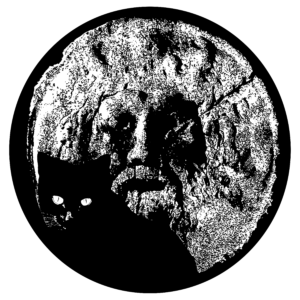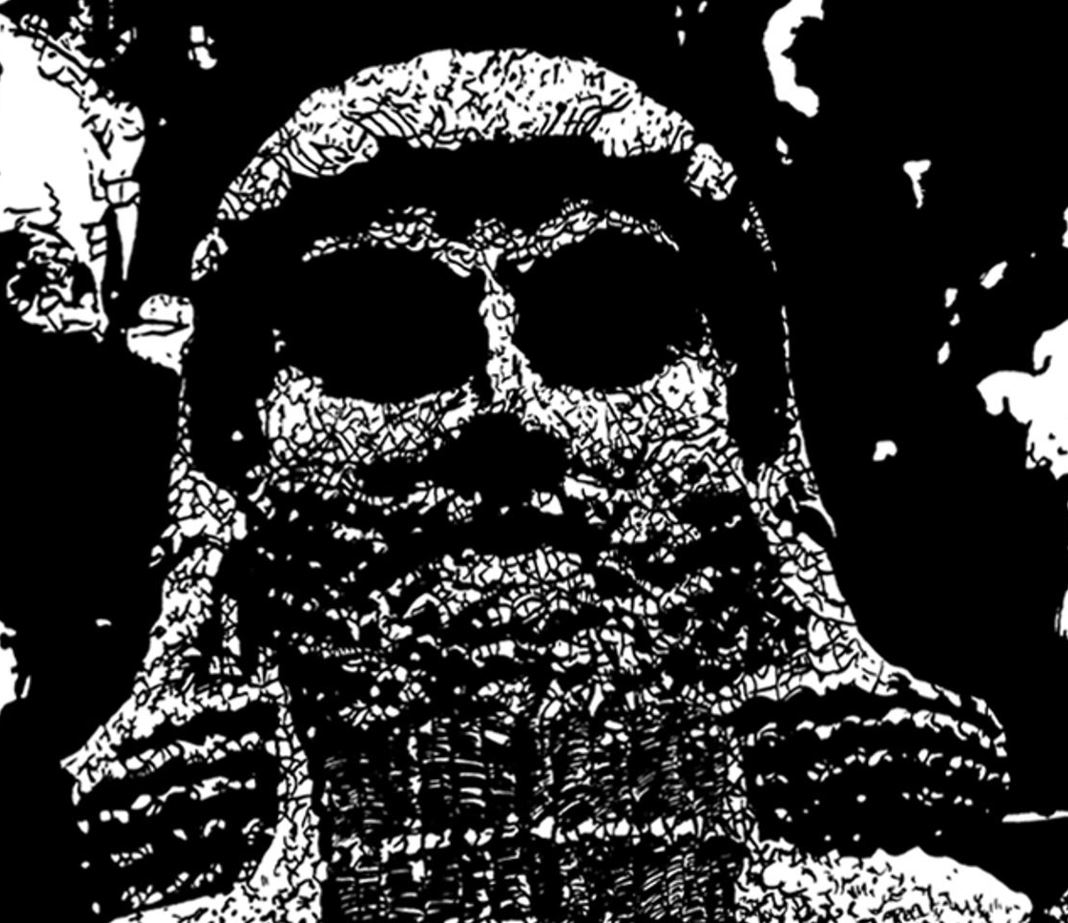“Mosul will rise again”, Alexandre Mitchell, 2022 (42 x 59cm, Indian ink)
The world was appalled by the human and cultural loss of Iraq in 2004, but when Daesh and its black flags entered the City in 2014, like vultures swallowing the dead, there was a real sense that the land had reached the end of its tether, somewhere between ignorance and darkness.
Yet even these odious jihadists could not destroy such a land, because it is the true cradle of civilisation and, among all its gifts, it gave birth to writing.
The magnificent Al-Nuri mosque and so many other famous buildings were pulverised by these enraged thugs, but in time they will be rebuilt. The Iraqi people are a melting pot of ethnicities and religions, but they live in the land of Gilgamesh, the first hero of the oldest known epic.
What if we were to dream of the man who tamed the lion, of Gilgamesh or of his shaggy friend Enkidu, whose statue was discovered and brought to light near Mosul. One could even imagine saying to him in Babylonian style: ‘Rise, Enkidu the savage, from the bosom of the earth, and cleanse the land of haters, of those who are cruel to the core.’
Iraq will rise from the ashes of Isis and Mosul will be beautiful again.
As they used to say in Ur, almost 4000 years ago:
‘A loving heart builds a house. A hating heart destroys a house’
(Clay tablet written in Old Babylonian, 1900-1600 BC, British Museum, obverse, 6-7).
Further reading
- Lafta, R., Cetorelli, V. & Burnham, G. ‘Living in Mosul during the time of ISIS and the military liberation: results from a 40-cluster household survey’, Confl Health 12, 31, 2018.
Resources
- Statue of a hero subduing a lion (Gilgamesh or Enkidu) in the Louvre | details and pics
- Gilgamesh | World History Encyclopedia | Wikipedia
- Khorsabad (Dur-Sharrukin/Mosul/Ninive) | World History Encyclopedia
- Al-Nuri mosque | BBC | Wikipedia | Unesco | Reconstruction post Isis
- Isis in Mosul | timeline | podcasts | 4 years later


